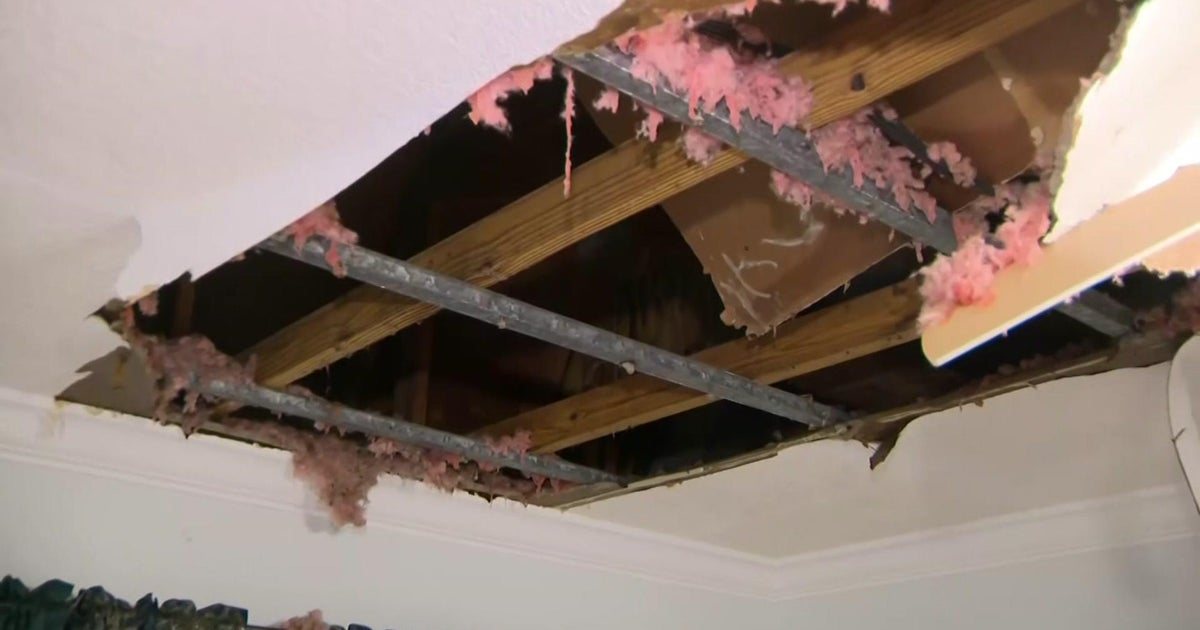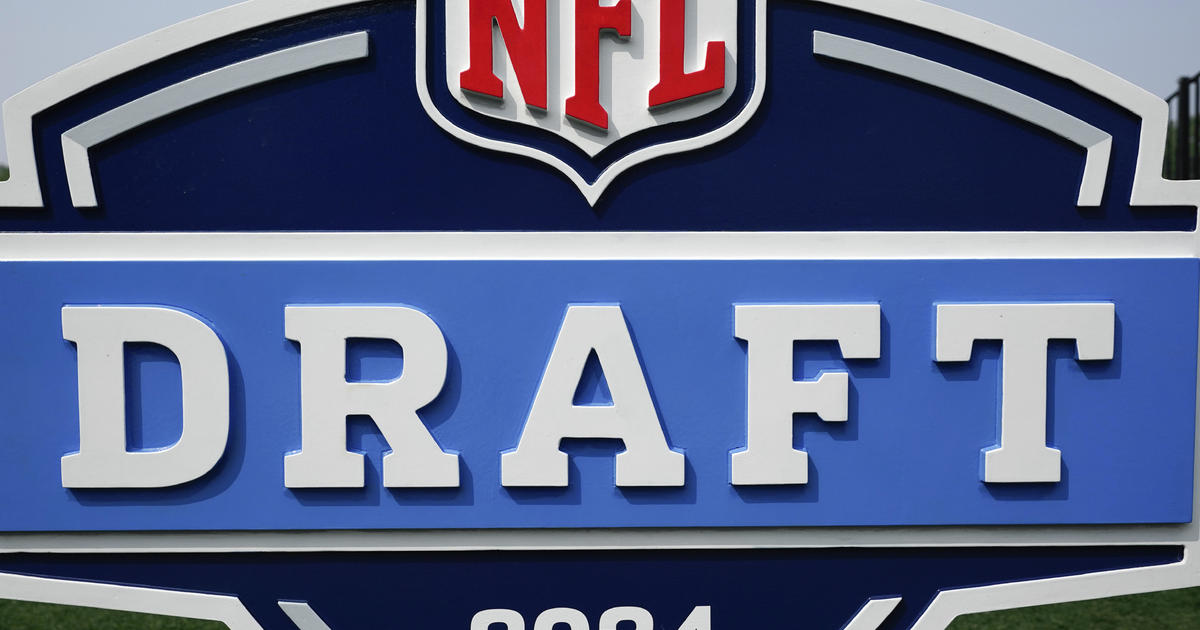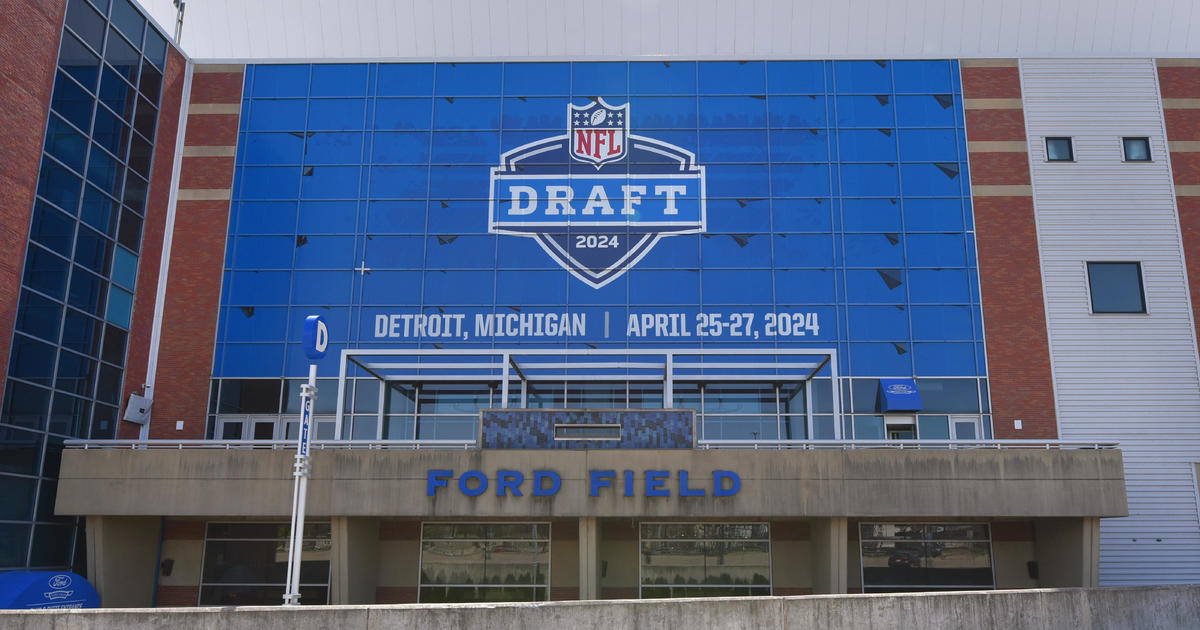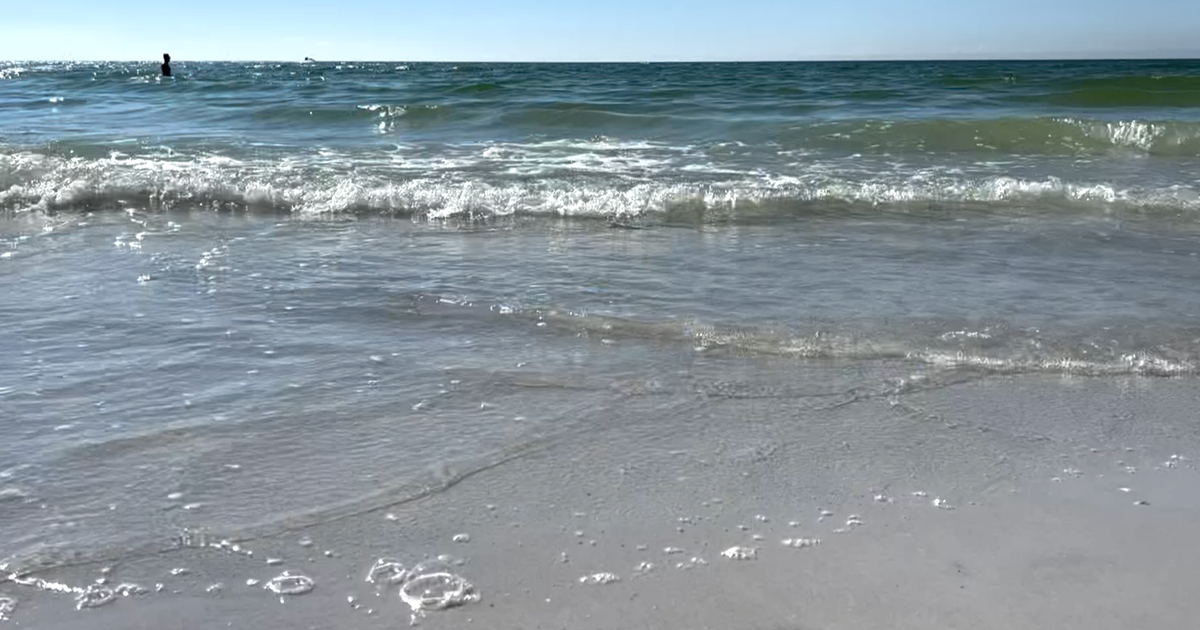If Debt Default Deadline Hits, Then What?
WASHINGTON (CBSMiami) – As the Republican-led government shutdown continues, the approaching debt limit and a possible debt default continues to grow larger on the horizon.
The shutdown, first proposed by Senators Marco Rubio, Ted Cruz (R-Tex) , and Mike Lee (R-Utah), is hurting many aspects of the American economy, but economists and reasonable politicians are much more fearful of a debt default.
So what is the debt ceiling and a debt default?
The Treasury Department can borrow up to $16.699 trillion to pay for bills already incurred by this and previous Congress'. The $16.699 trillion is what the current debt limit is, but it's not raising the national debt.
The debt ceiling doesn't determine how much the government can spend; Congress sets that limit each year. The debt ceiling has already been met, but through "extraordinary measures," the Treasury Department has met all of the obligations.
But on October 17, the Treasury Department runs out of ways to stave off default and would have more bills than it has revenue coming in. According to the Washington Post, the Treasury would have enough money to pay roughly 68 percent of its bills in October, or a shortage of $106 billion.
Economists say that while October 17 would be the first default, the biggest problem would come November 1, the Post reported. That's when the government owes billions in Social Security payments, disability payments, military pay, and others that couldn't be paid.
According to the Post, the Treasury Department has hundreds of millions of invoices to pay each month and is done automatically. Because of that, the Treasury Department said the payments that could be missed would be random and not in any particular order.
Once the debt ceiling is violated, spending could drop by upwards of 32 percent, according to some estimates. According to Goldman Sachs, the cuts would hit roughly 4.2 percent of GDP. Deutsche Bank estimated that the U.S. stock market could lose up to 45 percent of its value if the government missed an interest payment.
Even just getting near the debt limit has hit the credit worthiness in the past. In 2011, as the tea party wing of the GOP forced spending cuts and threatened the debt ceiling, the U.S. credit rating was lowered for the first time in history. It's estimated that the drop cost the U.S. $18 billion in increased interest payments, according to the Post.
While President Barack Obama said Tuesday the U.S has never crossed the debt ceiling in the past, that's technically true if speaking of voluntarily violating the debt ceiling. In 1979, a debt limit battle in Congress and a computer error, the debt limit caused Treasury to miss payments to investors.
According to the International Business Times, the biggest impact from the short-term, unintentional default, or delay as the Treasury put it, pushed Treasury bills up by 60 basis points. The IBT said the basis points jump increased interest payments by $12 billion.
The looming debt limit and possible default is still taking its time to get to Wall Street. Investors don't believe lawmakers would fail to raise the debt ceiling, even if they take it to the very last minute possible on October 17.
Still, the Volatility Index has been on the rise since roughly mid-September. The VIX is approaching the highest levels seen since 2012. Gallup's economic confidence index has been on the decline and while the stock market has remained relatively stable, investors have said that anything is possible as the debt ceiling date nears.
In addition, there's a growing group of Republican Senate and House members who are choosing to believe that a debt default either won't be that bad, or is actually needed to push deep government cuts in the vein of Greece onto the American government.
"I'd rather have a managed catastrophe now, which I don't think will be there," Senator Tom Coburn told CNN. "I'm not saying we shouldn't pay our bills. What I'm saying is we should put ourselves in the position where we have to start making hard choices now."
Former Reagan and Bush senior policy adviser Bruce Bartlett said part of the confusion about the damage a debt default could cause comes from the Republican Party.
"They (Republicans) contend that not raising the debt limit risks a financial collapse like the United States suffered in the fall of 2008; therefore, President Obama must acknowledge and give Republicans what they want," Bartlett wrote in the New York Times.
Bartlett continued, "But they simultaneously say it's no big deal; that the Treasury can just pay China, which holds $1.3 trillion of Treasury securities, the interest it is owed, and stiff everyone else."
In the end, Wall Street investors have repeatedly said they don't believe the leaders in charge in Washington are "dumb enough" to let the nation default over partisan differences.
The entire U.S. government, economy, tens of millions of people depending on government benefits, and the global economy are now making the same bet with approximately one week to go before the debt default deadline hits.



